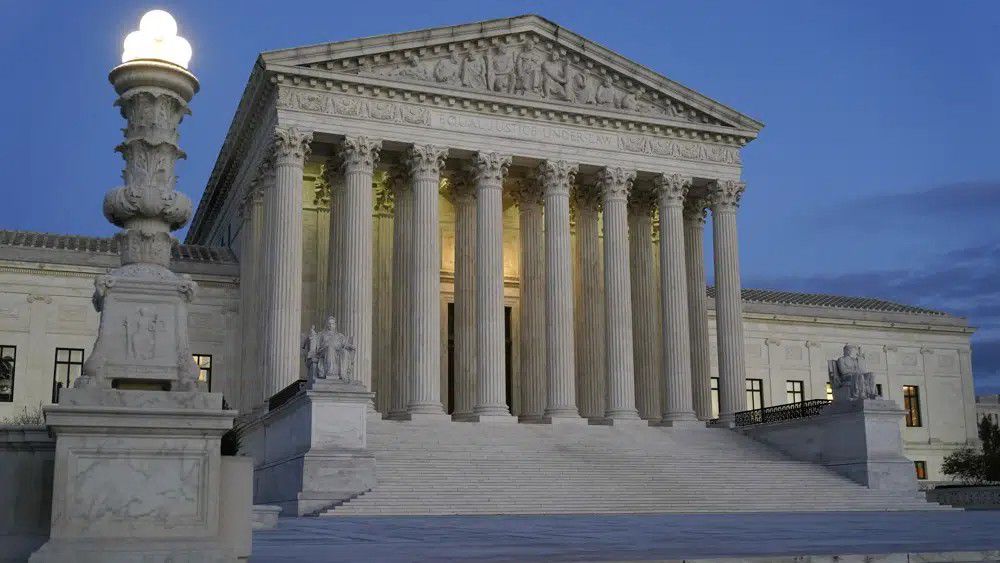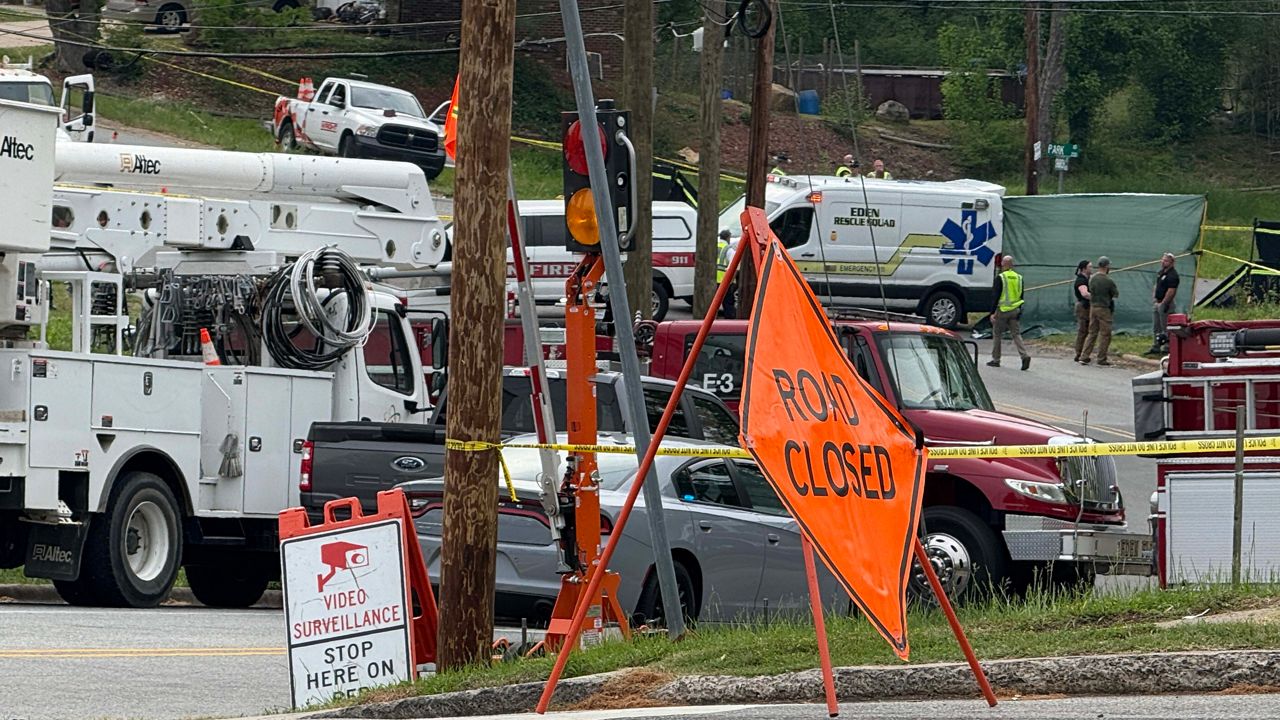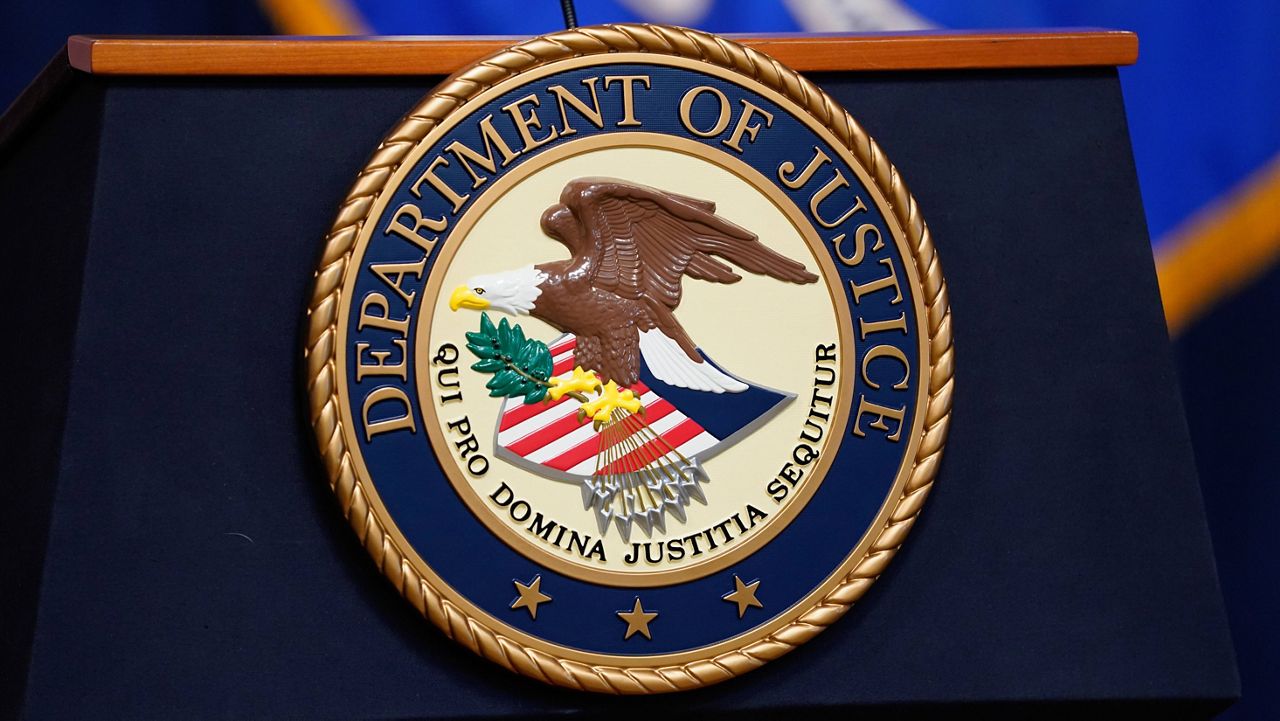The United States Supreme Court heard arguments in the North Carolina redistricting case Moore v. Harper in December. But now that appeal is in question after a new Republican majority on North Carolina’s own Supreme Court decided to reopen the case.
The lawsuit is over the latest round of congressional redistricting. The state legislature is required to redraw congressional maps once a decade, but the North Carolina Supreme Court found the maps were unconstitutionally gerrymandered to favor Republicans running for Congress.
Justices on the U.S. Supreme Court issued a one-paragraph order last week directing the parties in the case to explain why the case should go ahead after the state’s Supreme Court decided to reopen the case.
“This is a hugely important case because what it could do is remove all non-legislative control or roles of congressional elections,” said UNC law professor Theodore Shaw. The federal Supreme Court could decide the issue is moot now that the state court is taking it back up.
“The case would go poof and disappear,” Shaw said.“The case would go poof and disappear,” Shaw said.
In a rare move, the new GOP-majority court decided to reopen the redistricting case and another case on voter ID. Both were decided by the previous court last year, when the court had a Democratic majority. The cases are set for new hearings March 14 and 15.
“The idea that a court should revisit earlier decisions simply because the makeup of that court, and for no other reason, is not consistent with how I understand courts to operate,” Shaw said. “I don’t want to be naive. I wasn’t entirely surprised that the state Supreme Court decided to revisit the state constitution's application to partisan redistricting claims.”
“It does raise important questions about how the judicial system operates and its stability,” he said. “Politics in this state are very much in play, whether we talk about in the state legislature, in the executive branch, or for that matter, in the state Supreme Court.”
The United States Supreme Court was set to issue its own ruling in the redistricting case this summer, but the justices could decide the appeal is moot now that the North Carolina Supreme Court is taking it up again.
The federal Supreme Court appeal hinges on what’s called the “independent state legislature” theory, which argues that state legislatures are the sole authority for setting the rules for congressional elections. It could essentially cut out the checks and balances between the state's three branches of government.
The argument is based on the first sentence of Article 1, Section 4 of the U.S. Constitution: “The Times, Places and Manner of holding Elections for Senators and Representatives, shall be prescribed in each State by the Legislature thereof.”
Republican leaders in the General Assembly argue it was unconstitutional when the state courts forced the legislature to redraw maps and ultimately imposed a map drawn by a special master hired by the courts.
“The leaders of the North Carolina legislature said that the state Supreme Court did not have the authority to do that,” Shaw said.
Political and legal fights over redistricting have been as much a part of North Carolina as pulled pork barbeque and the Wright brothers in recent decades. Both parties have done it. And the disputes have made it up to the U.S. Supreme Court more than once.
The question at the highest federal court over the roles of the legislature and state courts in elections could have national implications if the conservative court justices side with North Carolina Republicans. But that may all be moot now that the state Supreme Court is taking up the case.
The North Carolina Supreme Court has oral arguments in the redistricting case scheduled for next week. Justices in Raleigh will be looking at the original case over partisan gerrymandering, where the court had found that the maps were drawn to favor Republicans over Democrats.
It’s not clear when the state Supreme Court could rule on the reopened redistricting case. It also remains to be seen whether the U.S. Supreme Court will rule at all on the “independent state legislature” theory case or dismiss the appeal as moot.









